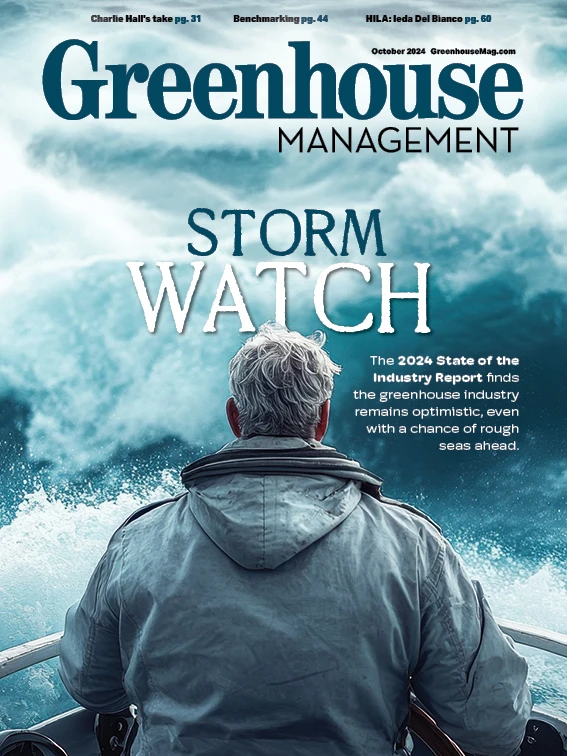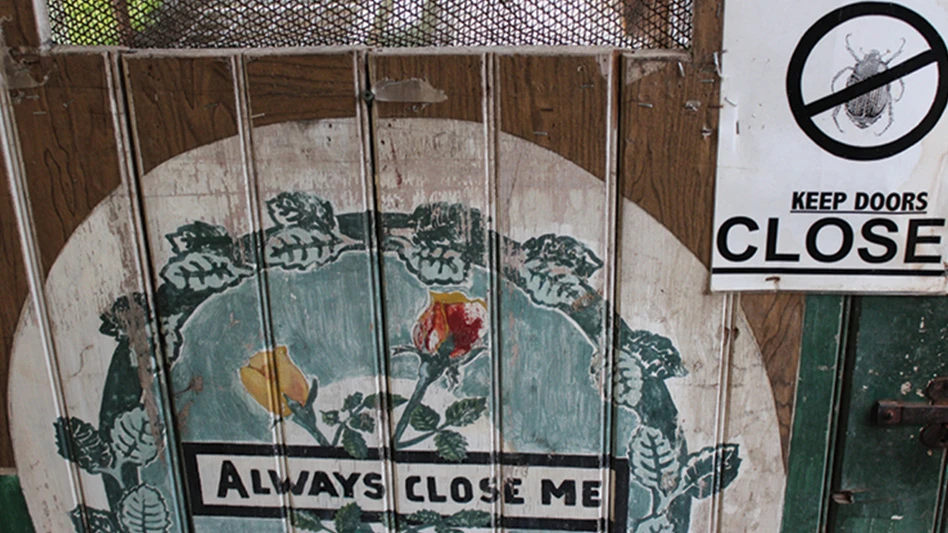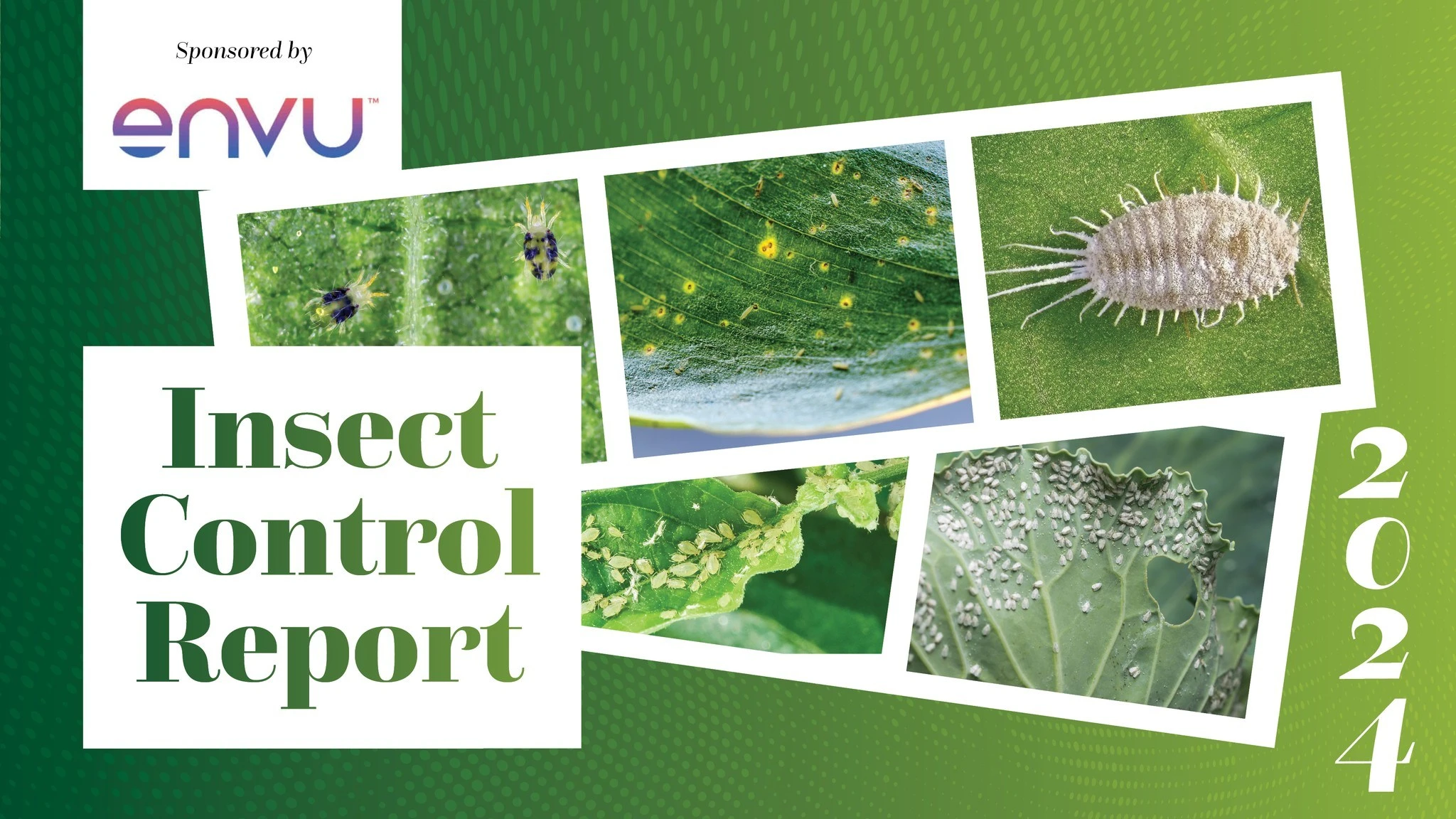
On Aug. 6, 2024, I heard the thin whine of a siren outside my office window. I wasn’t sure what it was at first, but then the notifications blared through on my cellphone: tornado warning! I’d been facing my computer most of the morning and hadn’t noticed the sky growing darker outside. Sure, I’d read there might be unsettled weather that day, but I’d never expected something so intense.
I stood up from my chair and looked through the rain-dappled glass toward downtown Cleveland, past the Valley View Bridge. The sky was ominous, black, threatening, and I experienced that nervous excitement of those caught in a deeply uncertain, possibly cataclysmic future.
I only watched long enough for the wind to blow the rain perpendicular to the road outside, causing the world to turn into a gray blur. It was apparent that things were getting serious. So, I joined my colleagues in the lobby near the core of the building, as far away from windows as we could get. Some were annoyed, trying to finish meetings; some were calling friends and family; some scrolled through phones nervously.
Outside, the weather got worse. The world was now darker than twilight, and the trees in the lot across from the office bent at wild angles that made me sure they’d be torn from the ground. The wind howled.
We didn’t know until the following day that one of five EF-1 tornadoes that formed that day had passed a mere mile from the office. Some of my colleagues’ homes had been in the path and escaped damage while their neighbors suffered downed trees and lost roofs. Power was out for almost a week across the Cleveland metro region. A state of emergency was declared. I felt incredibly grateful that my family and loved ones were safe.
I am a bit embarrassed at being surprised by the event. My wife will tell you that like many men my age, I am an almost obsessive meteorological observer. I have a favorite weather app that delivers real-time Doppler radar data, and I generally love watching the way the weather changes in the sky and on my phone screen. This one snuck up on me.
There’s another possibility of unsettled weather on the horizon, but not for Northeast Ohio just now: for the greenhouse growing industry. This year’s State of the Industry is showing us that like the morning of Aug. 6, 2024, blue skies persist for growers, but there’s a whiff of a possible storm on the horizon. We’re taking the pressure readings and finding disturbances in the data. It’s time to be prepared.
In this issue, we’ve presented you with all the facts and figures: a recap from Dr. Charlie Hall’s annual assessment of the green industry’s economic state; a look at Greenhouse Management readers’ data in our own annual report; and insights from your peers in the industry.
Perusing through the numbers and percentages is a bit like consulting your favorite meteorologist. And they’re telling us that it’s not time to panic. It’s time to watch and be wary. Storms happen — in both the economy and the atmosphere. The important part is to understand the forecast. And this month, just for you, we’ve got the weather maps.
Patrick Alan Coleman, Editor | pcoleman@gie.net

Explore the October 2024 Issue
Check out more from this issue and find your next story to read.
Latest from Produce Grower
- Don’t overlook the label
- Hurricane Helene: Florida agricultural production losses top $40M, UF economists estimate
- Little Leaf Farms introduces Sweet & Crispy Blend
- IFPA’s Foundation for Fresh Produce to launch Sustainable Packaging Innovation Lab with USDA grant
- No shelter!
- Sensaphone releases weatherproof enclosures for WSG30 remote monitoring system, wireless sensors
- Indoor Ag-Con, Sollum Technologies launch scholarship program for college students
- Anu awarded $175K USDA SBIR grant to advance Pure Produce Container technology





